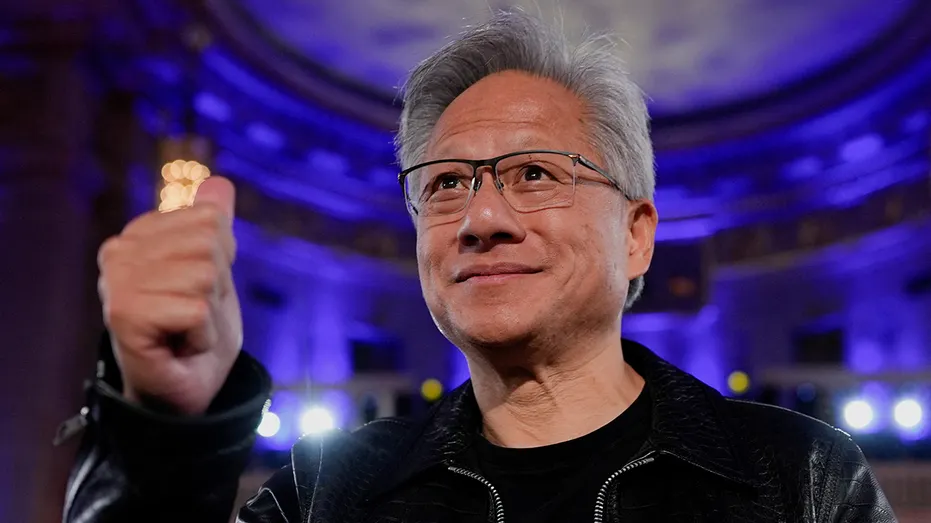Nvidia CEO Jensen Huang firmly rejects claims that the global AI market is an economic bubble. Huang argues that current trends point to fundamental changes in computing infrastructure, rather than speculative excitement. Speaking on the company’s latest earnings call, the CEO laid out a three-pronged logic explaining why AI is driving long-term investment in new systems. The company views AI-focused GPU adoption as a long-term growth potential that transcends short-term market fluctuations.
Are traditional processors becoming a thing of the past? A striking analysis from Nvidia
Huang points out that industries running data processing, ad recommendations, search systems, and engineering processes are increasingly turning to GPUs. The primary reason for this is the inability of traditional CPU-based infrastructure to meet the demands of AI workloads. Contrary to former Intel CEO Pat Gelsinger’s view that the industry is in a bubble, Huang states that the picture is very different, and that infrastructure investments are being shaped by these new dynamics.

Huang emphasizes that AI isn’t just integrated into existing applications, stating that the technology will also enable entirely new software capabilities. He particularly highlights the rise of “agent AI,” which can operate with minimal user input, reason autonomously, and plan complex tasks. Such developments will require significantly greater computing resources, reinforcing the need for high-performance GPUs.
Nvidia announced revenue and profit figures that exceeded analysts’ expectations, with AI chip sales projected to reach $500 billion by 2025 and 2026. Huang emphasizes that what appear to be high capital expenditures today reflect systemic changes rather than speculative gambles. Despite investor concerns, the company confirms that cloud providers are increasing their revenues with AI-enabled systems and that demand remains strong.
What are your thoughts on this technological transformation picture painted by the Nvidia CEO and his views that AI is fundamentally changing computing? Do you think investments in artificial intelligence are a necessary part of the future, or is the sector experiencing an exaggerated growth process?













